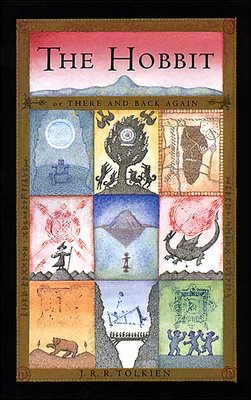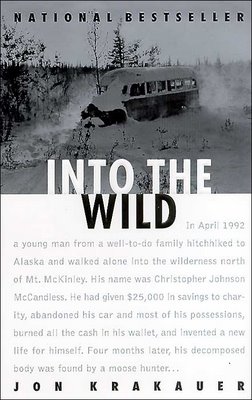We chose this book because Peggy Brooke was visiting for the
Writer's Conference in Children's Literature held each September. This was actually one of the few book club meetings I have missed, though I did read the book.
From Publishers Weekly
Tree, a 12-year-old orphan so rootless that no one seems to notice his lack of a proper name, is the hero of this compelling debut novel set in 1926. When he is lent out to a dour North Dakota farmer for a year, he is glad to escape the dreary St. Paul orphanage and get a chance (so he thinks) at family life, even though his joy is tempered by anxiety about leaving his reckless 10-year-old brother, Acorn. But Mr. Gunderson, the farmer, makes it clear he is not looking for a son in Tree, and Tree is quick to realize how much of an outsider he is. When Acorn runs away from the orphanage and shows up at the farm, Tree's own precarious position falls into jeopardy. There are flaws here--overly neat timing, a somewhat easy (and easily foreseen) resolution with Mr. Gunderson's kindhearted brother, Jake, coming to Tree's rescue--but the prose itself is solid. Brooke's ability to build characters through small snippets of dialogue and her sensitivity to details give texture and depth to her poignant themes. Ages 10-14.


